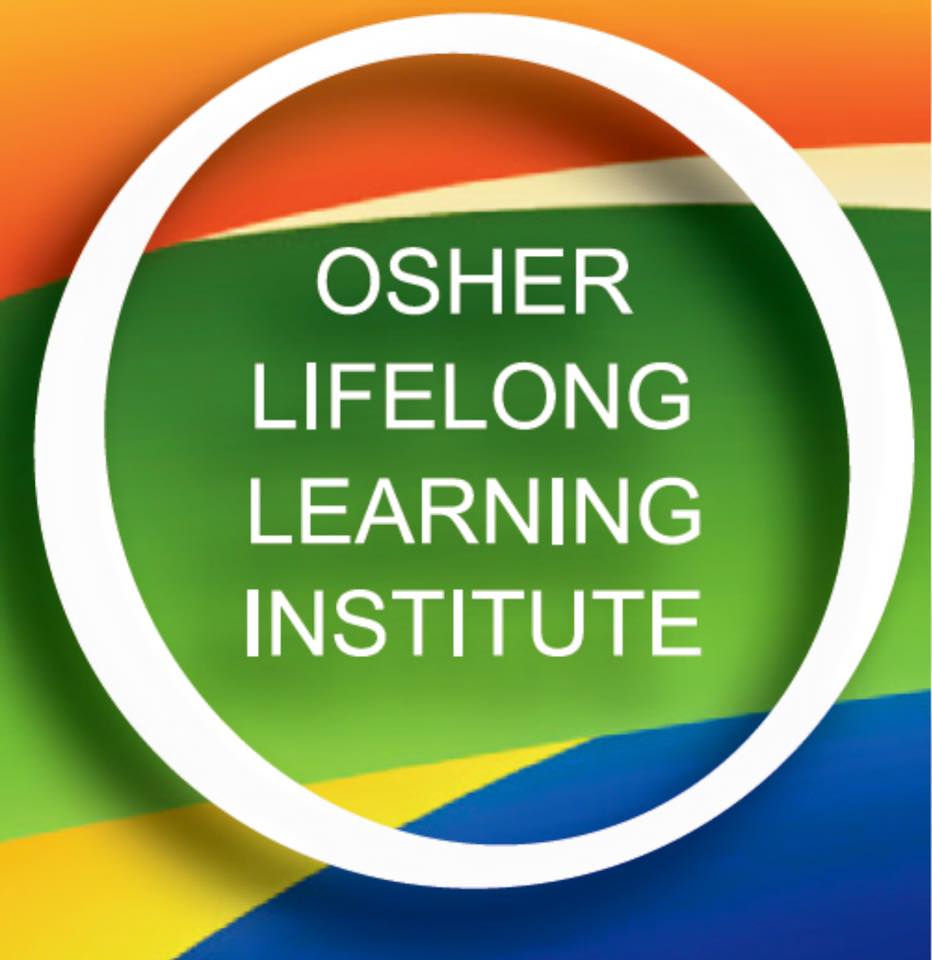AARP Hearing Center

The benefits of lifelong learning are many but the most significant is the impact on brain health. Scientific studies have indicated that lifelong learning keeps the senior engaging with stimulating activities that they are interested in.
Jennifer Disano, Executive Director of the Osher Lifelong Learning Institute (OLLI) at George Mason University in Fairfax, Virginia states, “Classes provide the emotional and social support that members need. As the member take on the challenges of teaching classes, starts discussion groups; there are opportunities for social engagement that range from hands-on learning, field trips; as well as leadership skills sharing as the cooperative provides a seat on the board of directors to work as a volunteer.”
The goal of OLLI is the use the skills and interests that the member has; for example, the development of the core curriculum for the program is done by volunteers. GMU benefits as this adds a new dimension to their field of providing education to the community.
Across the country and even worldwide there are institutes of higher learning, much like OLLI, that provides educational opportunities to seniors. Each may have a different name; but the common thing is that they are community based.
“If it is near you—do it!” Disano advises. In Europe, there are University of the Third Age initiatives allowing seniors the space to continue to learn and grow as they age. Most community educational services provide at cost programs and activities. The program is structured differently as well. The one common theme, however, is for every program to reach the community with educational opportunities and stimulation when individuals have life experiences to share and interest to explore.
For over 30 years OLLI-GMU has been offering educational programs to the community. In order to pay bills, as well as the staff, there are fees for membership. Membership is a one-time fee; and the members have the choice of any program that is offered.
As of now, the course catalog for OLLI-GMU is 100 percent virtual on Zoom to involve those who can no longer attend in person classes. This inability to attend in-person classes is due in part to COVID restrictions, and some members who due to physical limitations cannot attend in-person. Both GMU teachers and volunteers conduct these classes in the virtual format.
OLLI in Northern Virginia is unique in many ways. First, it is one of five in the nation that has a staff (15 people) who provide the manpower and stability to transition to a virtual presence. OLLI runs with autonomy so that they can provide the flexibility in both how they operate and how they function in the community during the COVID-19 pandemic. The goals, looking forward is to return to face-to-face instruction in the Spring of 2022; along with supporting the Zoom format; to continue the connection with those who chose to join virtually.
Secondly, the transition and collaboration with other organizations like AARP Virginia, that have the health of the senior in mind, helps OLLI in “providing free and open to the public programs to improve the health of members.” The subsidies to the program help to touch those who cannot take advantage of higher education resources. Disano recommends that one should make every effort to provide the program at no cost so that a wider group in the community can take advantage of the educational programs. She believes that the relationship with AARP Virginia allows there to be quality programs and services to be given to the public without charging any fees.
Thirdly, every instructor is a volunteer. This allows for there to be repeat instructors. She states that this is pure because volunteers are actively engaging because of the “love of learning and the love of teaching.” The statistics for OLLI show that teachers leading the educational process are: 50% are members, 30% are from the community (each person is passionate about a topic to teach; complete a proposal form that goes through a vetting process before they are selected to teach the content). and 20% are GMU professors.
In northern Virginia there are many options provided for the community to keep active in learning. Disano suggests that each person find a community path to higher learning. The benefits are a healthy outlook and well-being. She invites everyone to join OLLI in Northern Virginia for a virtual experience or search for any OLLI around the country or in your own community.
Go to aarp.org/olli-mason to check on any virtual or physical classes in your area. Please note that every higher learning institute is different in the way it structures classes and collets fees for instruction.
Seniors need to have availability for lifelong learning. Whether it is virtual or in-person, once the COVID restrictions are eased; getting involved in community settings that provide education, socialization, and ways to use skills; will expand opportunities; broaden horizons and extend the reach to those who are seeking to continually learn.
###































































